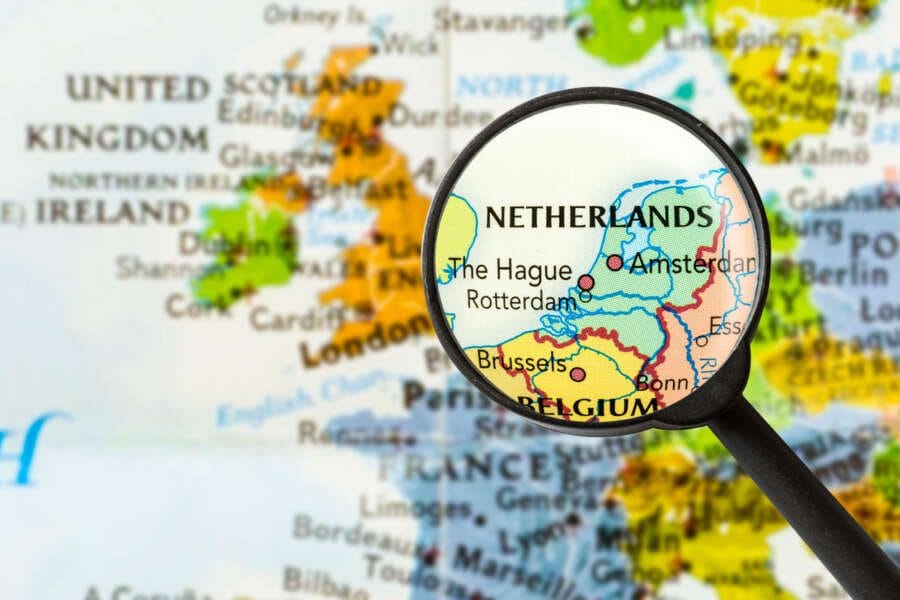
An overview of stock trading in the Netherlands: History, regulations, and trends
The stock market plays a pivotal role in the economy, and understanding its dynamics is essential for investors and traders alike. In the Netherlands, stock trading has a rich history dating back centuries and has evolved into a vibrant and sophisticated market.
This article provides an overview of stock trading in the Netherlands, exploring its history, regulatory framework, and current trends.
Historical evolution of the Dutch stock market
The Dutch stock market has a storied past that dates back to the 17th century, making it one of the oldest in the world. The Amsterdam Stock Exchange, known as Euronext Amsterdam, was established in 1602 as the world’s first formal stock exchange. It facilitated trading shares in the Dutch East India Company and other prominent enterprises.
Over the centuries, the Dutch stock market has experienced various milestones and transformations. It was crucial in financing the Dutch Golden Age, facilitating trade and investment in diverse sectors. The market weathered significant historical events, including economic crises and wars, demonstrating its resilience and adaptability.
In recent decades, the Dutch stock market has embraced technological advancements, leading to increased efficiency and accessibility. Electronic trading platforms and advanced trading systems have revolutionised how stocks are bought and sold, empowering individual investors and expanding market participation.
The Dutch stock market has also witnessed mergers and collaborations, such as the formation of Euronext in 2000, which brought together several European stock exchanges. This integration has fostered cross-border investment opportunities and enhanced liquidity for traders.
Regulatory framework and investor protection
The Dutch stock market operates within a robust regulatory framework to ensure fair and transparent trading practices while protecting investors’ interests. Several entities oversee the regulation and supervision of the market.
The Dutch Authority for the Financial Markets (AFM) is the primary regulatory body responsible for promoting fair and orderly financial markets and safeguarding investor protection. AFM enforces rules and regulations related to disclosure requirements, market abuse, and the conduct of financial institutions operating in the Netherlands.
As the stock exchange operator, Euronext Amsterdam also plays a crucial role in maintaining market integrity. It establishes listing requirements for companies seeking to be publicly traded and enforces compliance with disclosure obligations. Euronext Amsterdam ensures that trading is conducted relatively and orderly and facilitates market surveillance to detect and prevent market manipulation.
Key market trends and investment opportunities
The Dutch stock market reflects broader global trends while presenting unique investment opportunities. Understanding the prevailing trends can help traders identify potential growth areas and diversify their portfolios effectively.
Sustainable investing has gained significant traction in the Dutch stock market. Investors increasingly focus on environmental, social, and governance (ESG) factors when making investment decisions. Companies prioritising sustainability and demonstrating responsible business practices attract attention and investment capital.
Technology and innovation sectors have also witnessed substantial growth in recent years. The Netherlands is home to a thriving tech ecosystem, with promising startups and established companies driving innovation in fintech, e-commerce, and clean energy. Investors seeking exposure to cutting-edge technologies and disruptive business models can find compelling opportunities in this sector.
The role of technology and digital transformation
Technology has profoundly impacted stock trading in the Netherlands, driving efficiency, speed, and accessibility. The digital transformation of the stock market has opened new avenues for investors and facilitated the emergence of new trading strategies.
Investment banks such as Saxo bank have democratised access to the stock market, allowing individual investors to trade directly from their computers or mobile devices. This accessibility has reduced barriers to entry and empowered a new generation of investors to participate in stock trading. On top of this, trading guides and resources online have allowed traders to make informed financial decisions by themselves.
Technological advancements, such as algorithmic and high-frequency trading, have transformed the dynamics of stock trading. These strategies leverage sophisticated algorithms and powerful computing capabilities to execute trades at lightning speed, often in fractions of a second. While these strategies have brought liquidity and efficiency to the market, they have also raised concerns about market stability and fairness.
On that note
The Dutch stock market has a rich history, a robust regulatory framework, and an evolving landscape shaped by technological advancements and emerging trends. Understanding the historical context, regulatory framework, and current market trends is crucial for investors and traders seeking to successfully navigate the Dutch stock market.
By staying informed, conducting thorough research, and adopting sound investment strategies, individuals can capitalise on the opportunities presented by the dynamic world of stock trading in the Netherlands.


